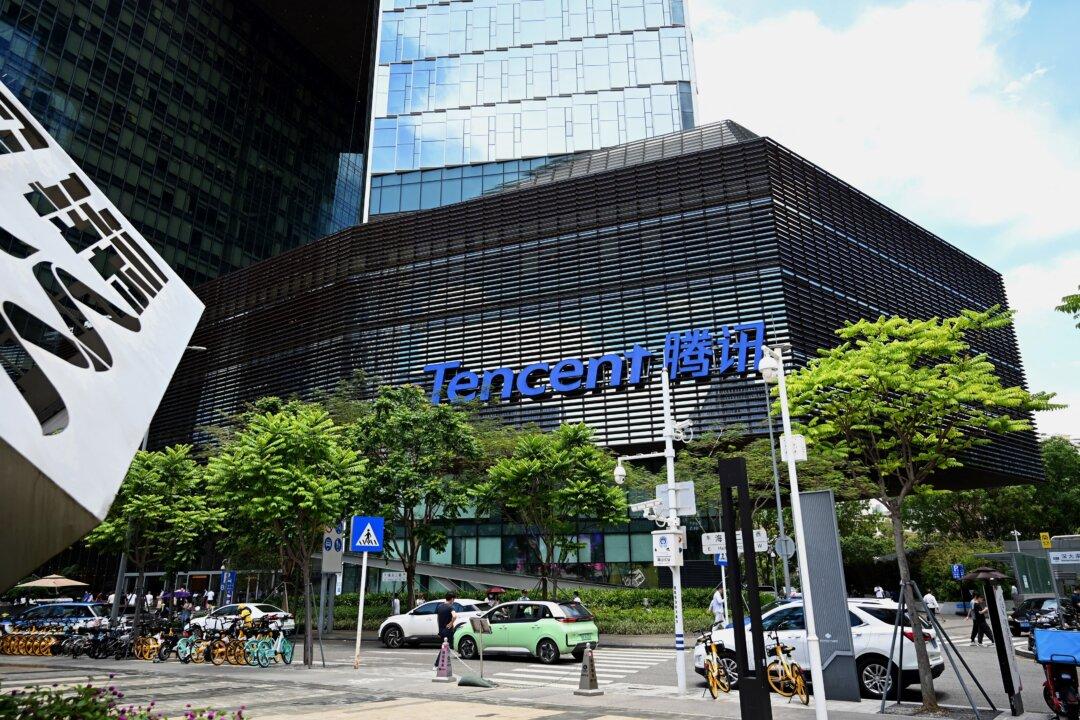News Analysis
Declining revenues and mass layoffs at Tencent and Alibaba could mark the end of the “golden age” for China’s internet industry. The companies’ profits plunged in the second quarter of 2022, mainly caused by the decoupling of the U.S. and Chinese economies and by the market restrictions imposed by the Chinese Communist Party (CCP).




